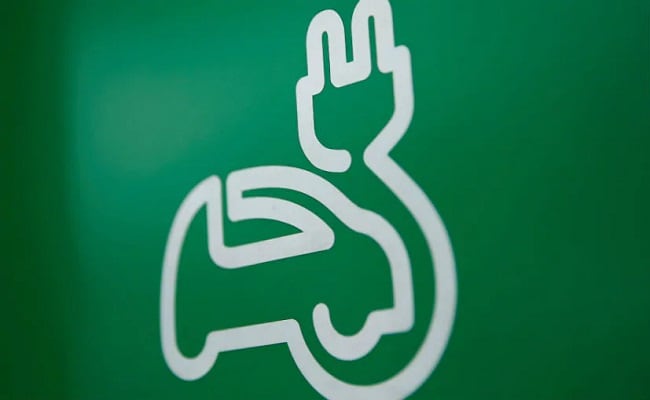High Lithium Costs Start To Feed Into Prices Of China EV Batteries: Report

Highlights
Soaring costs of materials such as lithium and nickel used to make electric vehicle batteries are starting to feed through into prices of these batteries in China, Benchmark Mineral Intelligence said this week. This is contrary to expectations that prices of the lithium-ion rechargeable batteries used to power electric vehicles, vital for the energy transition, would keep falling over time as economies of scale kicked in.
However, the initial cost gains from large scale battery production have been achieved with the construction of gigafactories, said Benchmark Mineral Intelligence (BMI) Chief Executive Simon Moores.
Now costs of raw materials, particularly lithium, are rising and feeding into battery costs, he added.
Electric vehicle batteries typically use lithium carbonate or lithium hydroxide. BMI's assessment of the lithium carbonate price in China shows a jump of more than 300% over the last year to $28,675 a tonne in mid-October due to supplies falling short of stronger-than-expected demand.

This is contrary to expectations that prices of the lithium-ion rechargeable batteries used to power electric vehicles
Its assessment of nickel sulphate prices in China suggests a rise of more than 30% to $5,658 a tonne in the 12 months to the end of September.
Widespread power shortages in China leading to reduced supplies and robust demand have created shortages of nickel sulphate and pushed up prices of the battery chemical.
Cobalt hydroxide prices are generally up more than 80% at $47,800 a tonne in the year to the end of September.
BMI said prices of batteries with cathodes made from nickel, cobalt and manganese could rise to around $115 a kilowatt hour (kWh) next year compared with $105 kWh this year if South Korean and Japanese producers follow China.
"The market may have to reposition itself for a period of rising battery cell prices, a new phenomena for an industry conditioned to expect year-on-year falls," Moore said.
Related Articles
Latest News
- Home
- News
- Auto Industry
- High Lithium Costs Start To Feed Into Prices Of China EV Batteries: Report














